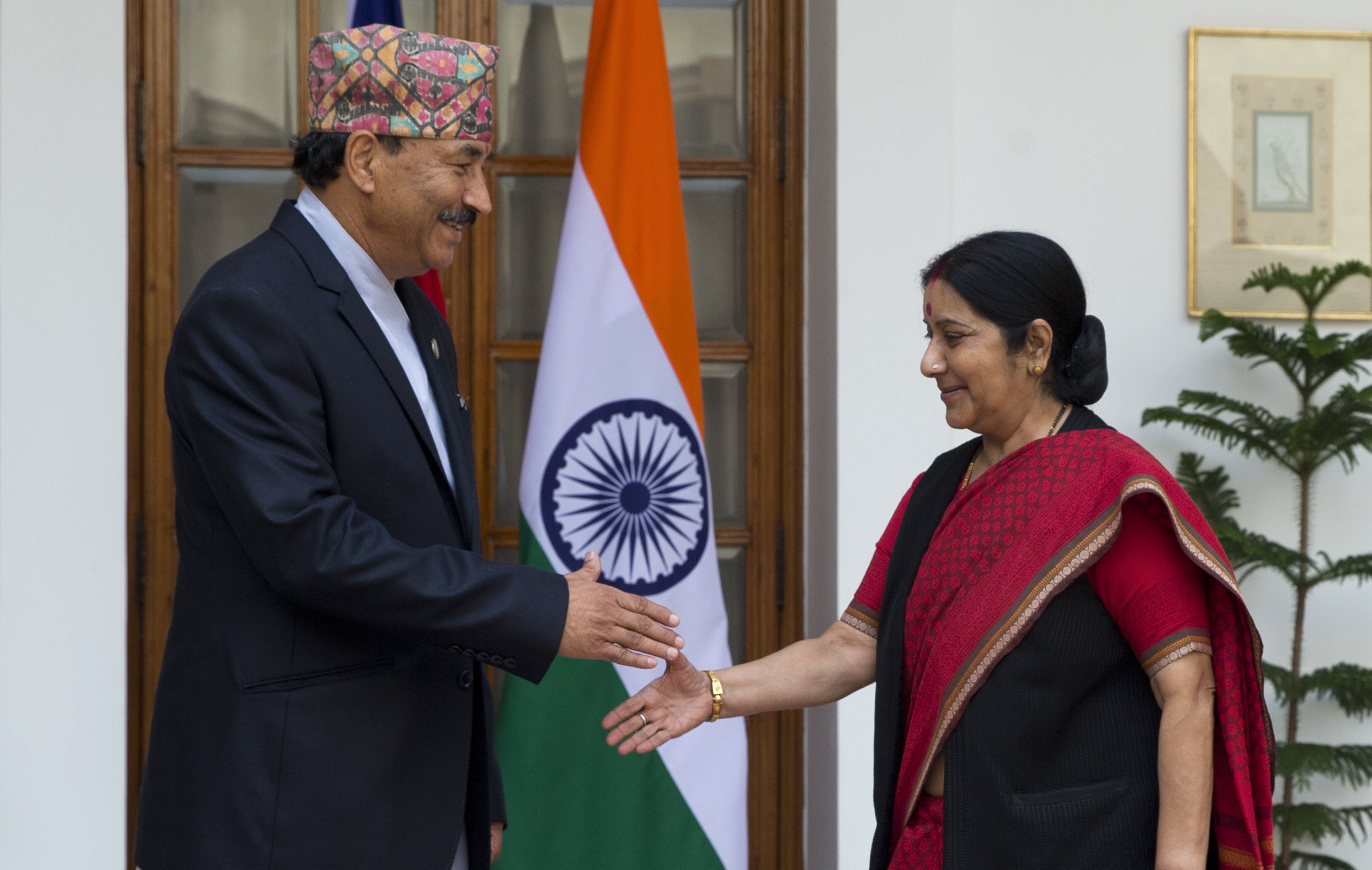DPM Thapa set for fifth India visit
Kathmandu, June 4
Deputy Prime Minister and Foreign Minister Kamal Thapa is embarking on a three-day India visit next week in a bid to resume stalled bilateral engagement following abrupt recall of Nepal’s envoy to New Delhi and cancellation of President Bidhya Devi Bhandari’s scheduled trip to the southern neighbour in May.
Thapa is scheduled to leave for India on June 10 to attend the maiden convocation ceremony of South Asian University slated for the following day in New Delhi. This will be his fifth visit to India since the formation of CPN-UML-led government in October. Earlier, he had visited the southern neighbour in October and December last year, and in February accompanying Prime Minister KP Sharma Oli, and in March.
As the incumbent chair of SAARC Council of Ministers, Thapa will preside over the convocation ceremony and give away degrees to approximately 450 students from across the South Asia region. His Indian counterpart, External Affairs Minister Sushma Swaraj will also attend the function.
Besides attending the university event, he will utilise the visit to mend and restore relations,which seemingly soured since the adoption of new constitution in September and subsequent trade blockade for five months that was lifted in February, a foreign ministry official said.
DPM Thapa’s Public Relations and Communication Adviser Mohan Shrestha said the DPM would hold ‘high-level political meetings’ in New Delhi. It is learnt that he will hold talks with Swaraj before returning home on June 12.
The Indian side has been stating that Nepal has to address the demands of Madhesis and Janajatis by redrawing the federal boundaries, which the Nepali side has perceived as unwarranted prescription.
An official said Thapa’s visit would only resume stalled engagement, but wouldn’t be a breakthrough towards improving the soured relations.
Prime Minister’s Foreign Affairs Expert Gopal Khanal said Thapa ‘political meetings’ with the Indian leadership might help smoothen the ties.
He, however, said the engagement was not halted despite the recall of ambassador Deep Kumar Upadhaya and the cancellation of President’s visit.
These developments were followed by attempts to change the government. “The Indian side viewed these developments as purely Nepal’s internal matter,” Khanal said. “We in Nepal understood it in different way.”
According to him, Law Minister Agni Prasad Kharel had held talks with Indian politicians, including ruling Bharatiya Janata Party lawmaker Bhagat Singh Koshiyari in New Delhi in late May.






